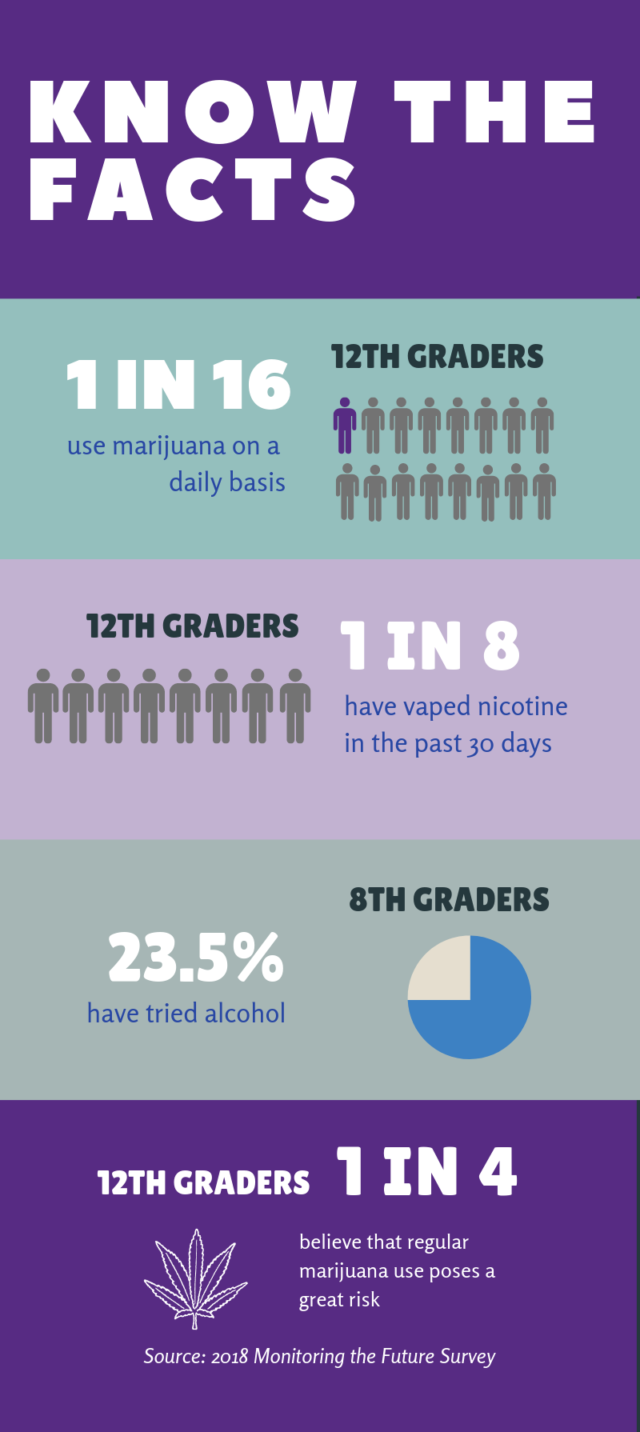Learn Exactly How To Build A Solid Aftercare Strategy After Drug Rehabilitation And Achieve Long-Lasting Success
Learn Exactly How To Build A Solid Aftercare Strategy After Drug Rehabilitation And Achieve Long-Lasting Success
Blog Article
Writer-Ferrell Have
You have actually finished drug rehabilitation, and now it's time to produce a successful aftercare plan to guarantee your long-term healing.
Image this: you're a person determined to remain tidy and build a fulfilling life. This post will certainly direct you with determining recurring support systems, incorporating treatment and therapy, and creating healthy and balanced coping systems.
With these methods, you'll be geared up to prosper in your trip of soberness.
Let's start.
Identifying Ongoing Assistance Systems
You ought to determine at least three ongoing support systems to guarantee an effective recovery after drug rehab.
go to the website is your friends and family. They can offer emotional support, motivation, and aid you stay accountable. They can additionally give a secure and understanding setting where you can share your battles and triumphes.
The second support system is your specialist or therapist. https://blogfreely.net/anglea33lashaunda/start-a-strong-process-of-healing-and-conquer-chemical-abuse can assist you work through any underlying problems that may have contributed to your dependency and supply advice on how to stay clear of regression. They can likewise educate you dealing devices and healthy means to take care of stress and anxiety.
The third support system is a support system or a sober area. Being bordered by others who are experiencing comparable experiences can be exceptionally valuable. They can offer a sense of belonging, comprehending, and deal useful suggestions and assistance.
Incorporating Treatment and Therapy
To attain an effective recovery, it is very important for you to actively participate in therapy and therapy sessions, as well as integrate them right into your continuous support systems. By doing so, http://joella6rosalyn.booklikes.com/post/6216619/learn-to-identify-the-revealing-indicators-of-substance-abuse-and-determine-whether-you-or-an-enjoyed-one-requires-professional-therapy can maximize the advantages of these treatment modalities and raise your chances of keeping long-term sobriety.
Here are some key reasons why integrating therapy and counseling into your aftercare strategy is crucial:
- ** Emotional Support: ** Treatment and therapy give a risk-free area for you to express your thoughts, sensations, and battles related to your addiction. It allows you to resolve any type of unsettled concerns and develop healthy and balanced coping mechanisms.
- ** Slip back Prevention: ** These sessions furnish you with the required devices and strategies to avoid relapse. They help you recognize triggers, develop dealing skills, and develop a strong structure for handling yearnings and anxiety.
- ** Individual Development: ** Treatment and counseling promote individual development and self-discovery. They aid you obtain insight into the underlying root causes of your addiction, improve self-esteem, and establish much healthier partnerships.
Developing Healthy Coping Systems
During treatment and therapy sessions, it's critical to actively work with establishing healthy and balanced coping mechanisms in order to properly take care of stress and challenges.
https://boldly.cma.ca/blog/nova-scotia-physician-dr-thomas-brothers-on-the-importance-of-seeking-expert-advice-outside-of-medicine require to identify and recognize your triggers, those things that cause you distress or stress and anxiety. By recognizing these triggers, you can create methods to deal with them in a healthy and balanced method. This may involve exercising deep breathing exercises, engaging in exercise, or locating an innovative outlet to express your emotions.
It is necessary to also border yourself with a strong support system of friends and family that can give support and support.
In addition, self-care activities such as getting sufficient sleep, consuming well, and practicing leisure strategies can substantially contribute to your general wellness.
Conclusion
In the trip towards recovery, developing a successful aftercare strategy is like having a tendency to a delicate garden. Just as a garden enthusiast nurtures each plant with care and attention, so as well must one grow ongoing support systems, include treatment and counseling, and create healthy coping systems.
By doing so, the seeds of recovery will certainly bloom into a growing garden, providing a solid structure for a brighter, drug-free future.
